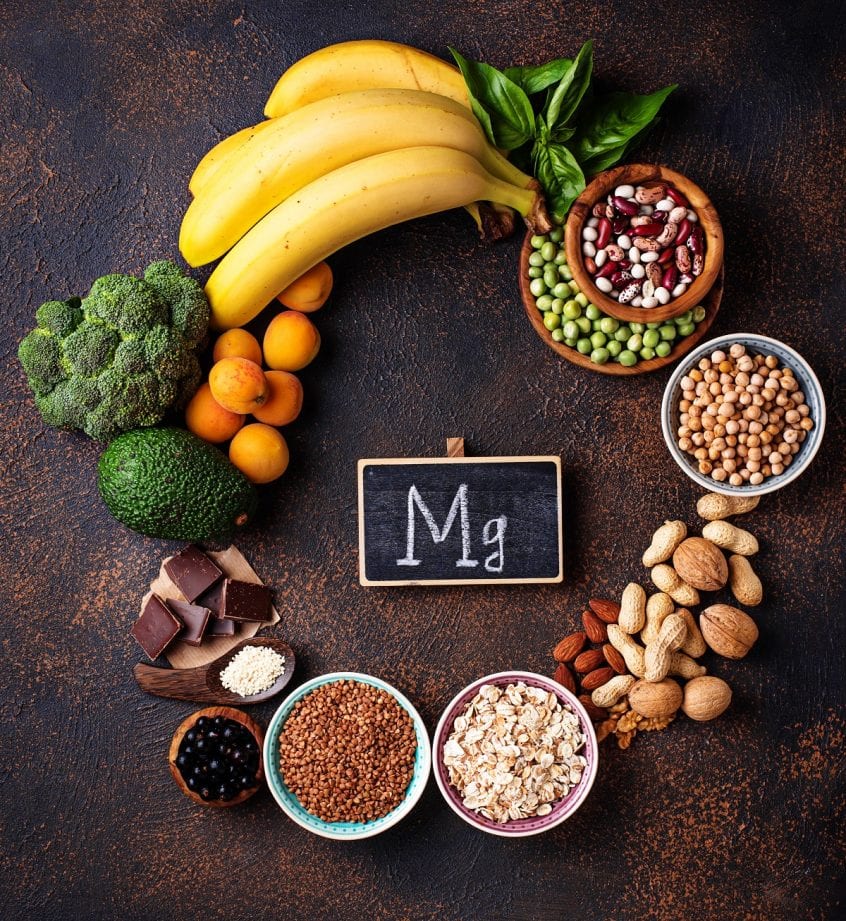
If you’ve ever taken an epsom salt bath to relieve sore muscles you already know some of the myriad benefits of magnesium. It can relax your muscles and calm your mind, but the mineral also plays a bigger role in your health than you might realize. One of the most abundant minerals in our universe, our solar system, and our bodies, magnesium is essential to the functioning of each one of your cells1,2. It’s no wonder then that both supplemental and dietary magnesium have a litany of demonstrated health benefits. But what are these benefits, how does magnesium provide them, and how can you increase your magnesium intake for optimal health?

Magnesium is an important cofactor in many biochemical reactions in your body3. In fact, magnesium governs hundreds of different enzymatic processes4, acting as a mineral key to unlock a variety of biological functions. For example, magnesium is critical to activate the enzymes which metabolize vitamin D, which in turn helps regulate calcium, supporting bone growth and maintenance 2. With such a critical role and ubiquitous presence in our bodies, it’s no wonder that supplemental or increased dietary magnesium would have a laundry list of potential benefits, especially in those who are at risk of deficiency. Besides the calming and muscle-relaxing effects mentioned earlier, magnesium is used to alleviate issues from insomnia to inflammation 5. Research has shown increased magnesium to be beneficial for insulin resistance and blood sugar regulation 6, and it has even been demonstrated to lessen the severity of anxiety symptoms 7,8.
On the other side of the coin, low magnesium levels may be more common than we realize. Due to changes in typical diets over recent years, as well as mineral depletion of soil used for growing crops, many people have less magnesium in their diets than is required to even meet the Recommended Daily Allowance- let alone optimize their health9. This can be compounded by a number of personal factors that contribute to increased need- anything from stress, heavy sweating, and smoking cigarettes to pregnancy and diabetes 9.
Luckily, you now know all about the crucial work of magnesium in each cell in your body and the space in between. You’re probably motivated to stay on top of your magnesium intake at this point, so let’s talk about how. There are many dietary sources of magnesium for you to add to your arsenal- spinach, dark chocolate, figs, avocados, and almonds to name a few- or you may choose to go the supplement route. If you do choose to supplement, you may be surprised by the many forms of magnesium available. Generally, if you’re looking to aid bowel movement, look for a supplement containing magnesium citrate. If you’d like to avoid this effect while still getting magnesium’s calming benefits, look for a supplement with magnesium glycinate. Either way, don’t forget that nutrients work synergistically in your body, you’ll need adequate vitamin D to get your magnesium’s full absorption potential. So go forth, find your preferred form of magnesium, and optimize!

